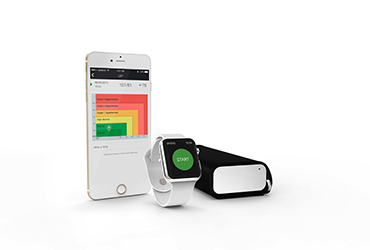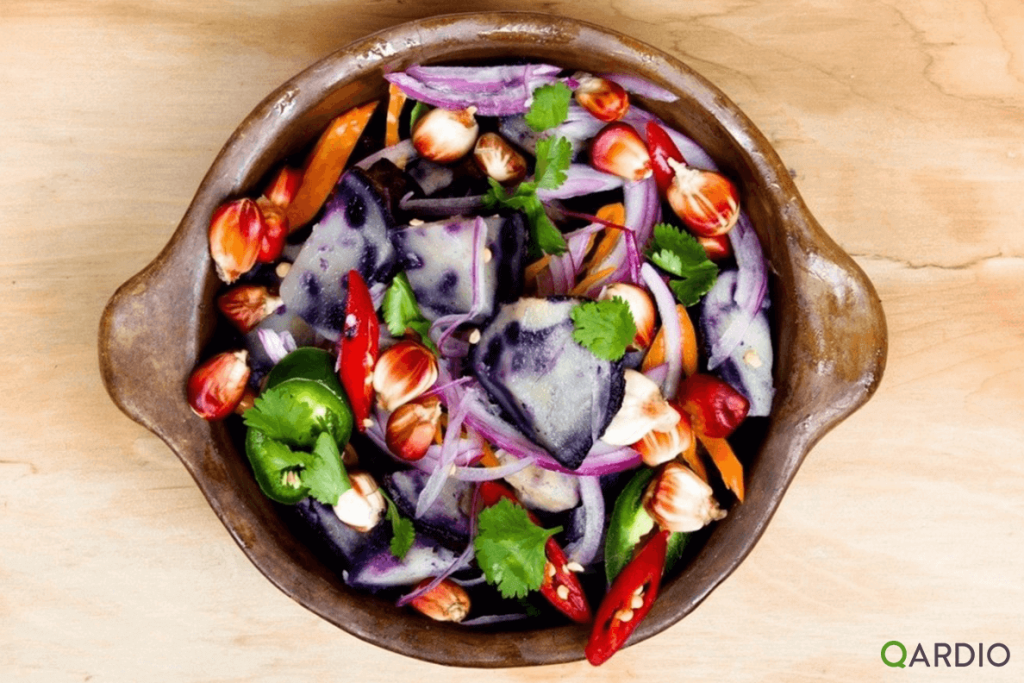Over the past 30 years, Americans have increasingly consumed more added sugars in their diets, contributing greatly to the rising obesity epidemic. Americans on average eat about 20 teaspoons of sugar a day according to NHANES database, with teens and men consuming the most added sugars. Added sugars contribute calories with zero nutrients to a person’s diet. Too much added sugar can lead to heart disease, obesity, diabetes and other serious health concerns, so it’s important to monitor the amount of sugar in one’s diet.
How many grams of sugar should one have in a day?
According to the American Heart Association, men should have no more than 150 calories of added sugar (about 9 teaspoons or 36 grams) and women should have no more than 100 calories of added sugar (about 6 teaspoons or 25 grams) per day.
Are there different kinds of sugar?
In the typical American diet, there are two types of sugar: naturally occurring sugars and added sugars. Naturally occurring sugars which are naturally present in foods and include fructose in fruit and lactose in milk. Added sugars are any sugars added during processing or preparation, for example, the teaspoon of sugar in your morning coffee. Added sugar is also found in processed foods and drinks, so it’s important to read the nutrition facts label.
What is the healthiest type of sugar?
At the most basic level, the body processes naturally occurring and added sugars the same way. However, food that contains naturally occurring sugars typically has other nutrients foods with added sugar are devoid of. For this reason it’s best to look towards foods with naturally occurring sugar rather than those that have added sugar.
What is the biggest added sugar culprit?
The American Heart Association identified SSBs, or Sugar Sweetened Beverages, as the primary source of added sugars. Sugar Sweetened Beverages include soft drinks, fruit juices, energy and vitamin drinks. As liquids don’t satisfy our appetites, drinking caloric beverages doesn’t typically diminish how much we eat. Nutritionists have found that consumption of these beverages contributes significantly to weight gain, and also increases the risk of developing related conditions such as type 2 diabetes and cardiovascular disease.
Other major sources of added sugar include: sugars, candy, cakes, cookies, pies, fruit drinks, dairy desserts and milk products, such as sweetened yogurt and ice cream and other grains such as cinnamon toast and honey-nut waffles.
What are the substitutes for added sugar?
Sugar intake can be reduced by adding natural sweeteners or other sugar substitutes instead of added sugar to one’s diet. Natural sweeteners still contains sugar but are much easier for the body to digest and process. Some good sugar substitutes alternatives is raw honey, agave nectar, maple syrup, molasses, stevia, dates, fruit juice concentrate and coconut sugar.
Do you need sugar in your diet?
No, bodies don’t need sugars to function properly, so it’s definitely possible to go sugar-free!
What are the effects of eating too much sugar?
Too much added sugar can have a variety of effects on one’s health, including weight gain, inflammation and diabetes among others. Excess sugar consumption leads to increased insulin in one’s bloodstream which can affect a person’s arteries and add stress on the heart. Damage over time can lead to heart disease, heart attacks and strokes. Research also suggests that decreasing sugar intake can lower blood pressure naturally. It’s important to monitor heart health and a great way to do so is with QardioArm, our smart blood pressure monitor!
How do you calculate your sugar intake?
The first step is to check the nutritional labels on foods purchased. Sugars are typically found under carbohydrates, but keep in mind added sugars and naturally occurring sugars are combined in the percentage. For foods that don’t have a label, the USDA Nutrient Database is a good source to find this information. Be sure to also add in any sugars added to meals oneself, such as sugar added to coffee.
If you do decide to decrease your sugar intake, track your blood pressure progress with QardioArm, smart wireless blood pressure monitor.
What are some of your ways to reduce sugar intake? Tweet at us at @getqardio
Source:
Heart.org 1
Heart.org 2
Mayo Clinic




